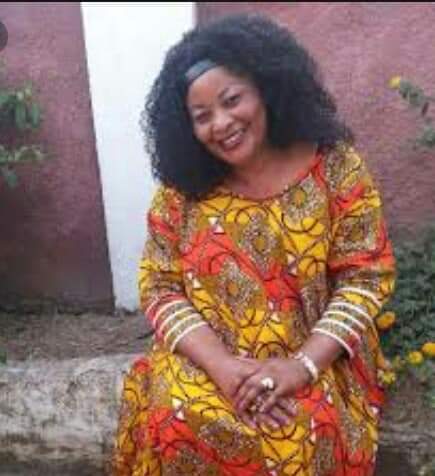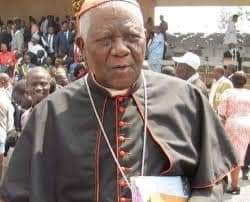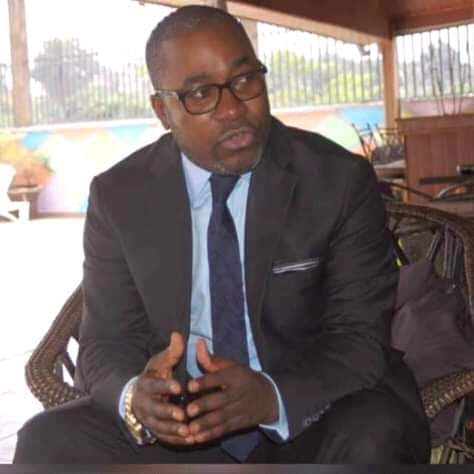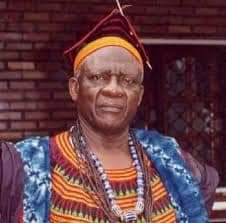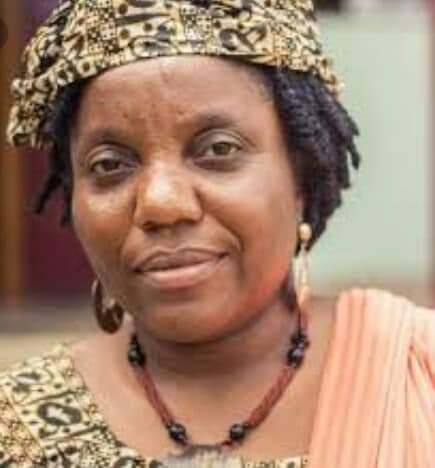Modern Cameroon, one need not repeat, was founded in October 1961 after the reunion of two countries with different trajectories employed to gain independence from their colonial powers: UK and France. Even though in the early days modern Cameroon, known then as Federal Republic Cameroon appealed to most, she has gradually taken the path that most African states took after independence: disintegration.
Today, Cameroon is in the midst of a 4 year old insurgency. In that 4 years uprising which was largely peaceful, 2 has been weaponised and as a result, thousands have been killed and many more made homeless.
The worse, Cameroon which used to pride itself for hosting refugees from neighbouring countries has now become a net exporter of refugees. Another thing which marked Cameroon in 2019 is the extreme political polarisation and intolerance. However, in the midst of that political shambles and near economic collapse, some Cameroonians have remained a symbol of hope.
They are those I refer to as my most influential. Certainly, there are many others who anonymously are inspiring lives positively, but these ones below stood out. Hence, I am mentioning them.
- Agbor Balla : Led the lawyers and teachers for the Anglophone legal and educational systems to be respected. He is a man who believes in the exchange of ideas and swords but unfortunately , he along with Dr Fontem Neba and many others were arrested and locked up. Out of jail, he has not taken to rancour, but decided to created one of the most effective indigenous NGO, called Centre for Human Rights and Democracy in Africa, to promote peace, tolerance and democracy, the only way to reach individual and collective goals in any civilised setting. He has maintained a stance of a federated Cameroon. He is legalist, strategist and gradualist.
2) Mimi Mefo, journalist, a staff of the English desk of Equinoxe media, arguably the most professional media house in Cameroon was jailed for reporting of human rights abuses within the context of the crisis in the North West and South west Regions. Even though on self exile, she still continues to inform Cameroonian via her blog. She is an inspiration to several women in the country and a beacon of hope.
3) Omam Esther : she is the Pioneer coordinator of the South West North West Women Task Force (SNWOT), A coalition of female led civil society leaders in the English Speaking Regions of Cameroon . She has proven the worth of female power. In spite being persecuted by both government and armed Anglophone nationalist groups, who have kidnapped her children and burned her vehicle and compound, she still believes in peace and advocates for greater Anglophone women participation in the quest to solve the Anglophone crisis.
4) Gladys Mbunya: Human Rights Defender who has fought for those locked up without reason and in spite threats, has not given up. She is another example of woman power.
5) Caryn Dasah: This young woman is a bright and rising star. She is Global youth Ambassador. She created the “HerPlace campaign” which mobilised and trained 150 women from six villages in the South West Region on Community mediation as a tool in addressing conflcit
6) Feka Parchibell : known for her feminist activism, she nonetheless took the risk to go into the bushes to supply menstrual kits to women and girls in the bushes and to give an education to children who have been out of school due to the crisis. One of her staff got her leg amputated allegedly by armed Anglophone nationalist groups, generically referred to as Amba boys.
7) Magdaline Agbor: Founder of CHAMEG Cameroon, led a delegation of women to the Divisional officer’s office to seek possible measures to put an end to the crisis. Although a member of the ruling party, she is not afraid to express her opinions when necessary.
8) Fobang Geraldine : as President of the Cameroon Traditional Media, she led a delegation of pastors for a walk on Peace in the South West Region
9)Aisha Doumara: she is the Winner of the Simon Veil prize, for women’s rights. She champions women and she’s working with women affected by the Boko Haram insurgencies in the predominantly Muslim and conservative Far North region of Cameroon
10) Christelle Bay: she brought over 300 grassroots women leaders from the English Speaking Regions to combat GBV and learn proper peace processes.
11) Chief Dr Joseph Dion Ngute, Prime minister. He was the surprise pick as head of government by President Paul Biya. Calm and not known for making vetuperative remarks on anything or persons, he is on this list for having succeeded to manage the major national dialogue called for by Paul Biya to start addressing the perennial Anglophone crisis. His stewardship of the epic jamboree was phenomenal. He surprised many even those in his camp by inviting leaders of the Anglophone nationalist groups out of the country. Although many who did not have courage to attend wants to cheapen or deride the national dialogue, history will have it that, beginning of the solution began at the Yaounde national dialogue, where all topics were discussed. One of the dividends of the major national dialogue is the special status given to the North West and South West regions.
12) Maurice Kamto: chairman of Cameroon Renaissance Movement or MRC. He may not be an astute politician and his party may not have the organisational authority and capacity of the Social Democratic Front or the UPC, in its heydays, the fact that he was arrested alongside some of its militants shows that, if well managed, his party may become a force to reckon with. He remains the only emblematic character within his party.
13) Sisiseku Ayuk Tabe: little known in the galaxy of Anglophone nationalist movements before his arrest, his humility and determination has endeared him to many Anglophones and Francophones. He’s the only one among the Anglophone nationalist leaders who today still has some credibility and has the trappings of moderate leaders such as Martin Luther King or Nelson Mandela. He is not vindictive or puff up with pride. Emotive on occasions, his only preoccupation are his people to whom he is ready to pay the ultimate prize.
14) Cardinal Christian Tumi: A true man of God and a social critic. He reflects in his speech what ordinary people are. He speaks without fear or favour. He is motivated by love for people and God. He is also an excellent manager. When he took over as Archbishop of the Douala archdiocese, he met a bankrupt diocese reeling in debts. The Douala archdiocese had only FCFA 48 thousand in its account and FCFA 300 million indebted to banks . But by the time of his resignation, the Douala archdiocese had more than FCFA 3 billion 8 hundred million in its bank account. His current mission is to contribute to bring peace peace in the land that he loves, Cameroon.
15) John Fru Ndi: Whether we like it or not, he leads the largest intra and extra parliamentary opposition in Cameroon . And he has always been at the vanguard of democracy in Cameroon. Although kidnapped and tortured twice by armed Anglophone nationalist groups, he still thinks that even though the young men and women may be excessive, he understands the reasons behind their violence outbursts. He believes in legal means to attend the objectives of the Anglophones, it explains the reason why, in spite pressure and calls for him to pull the SDF out of parliament, he has always refused. He believes in a federal Cameroon which must be arrived at through peaceful means. He is the real savior of Cameroon. In 1992, top brass of Cameroonian army invited him to publicly support a military rebellion to restore his victory but he turned down their request saying: I won’t march on the bodies of Cameroonians to get to Etoudi and today, his refusal to withdraw SDF MPs and Senators from parliament threw a spanner in the works of those want to divide Cameroon.
16) NJ Ayuk: he is a young Cameroonian operating in the oil sector ,but with an extraordinary love for his people and father land. He doesn’t brag, but he has done more single handed to Cameroonian refugees and other internally displaced Cameroonians than anyone I know. He is an inspiration to several young upwardly mobile Cameroonians at home and in the diaspora.
